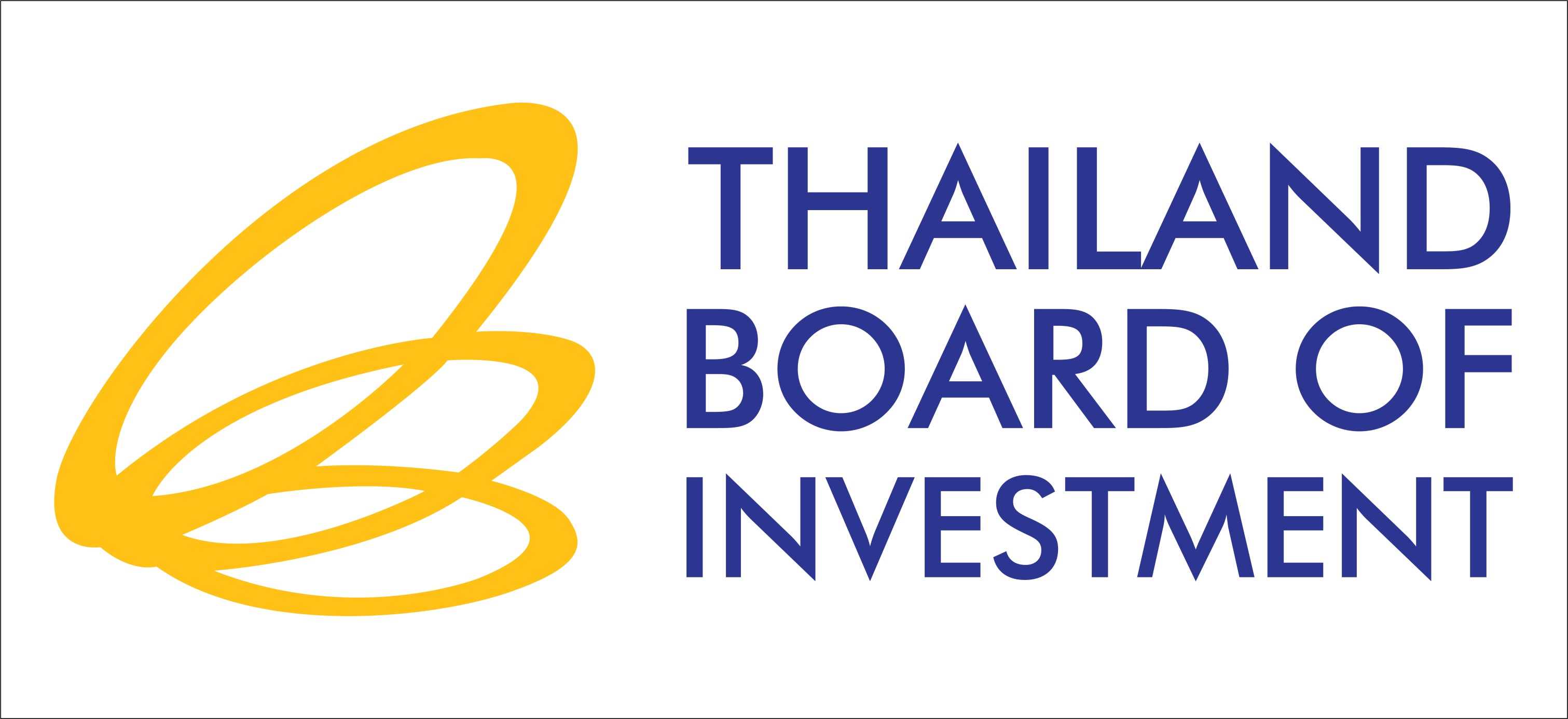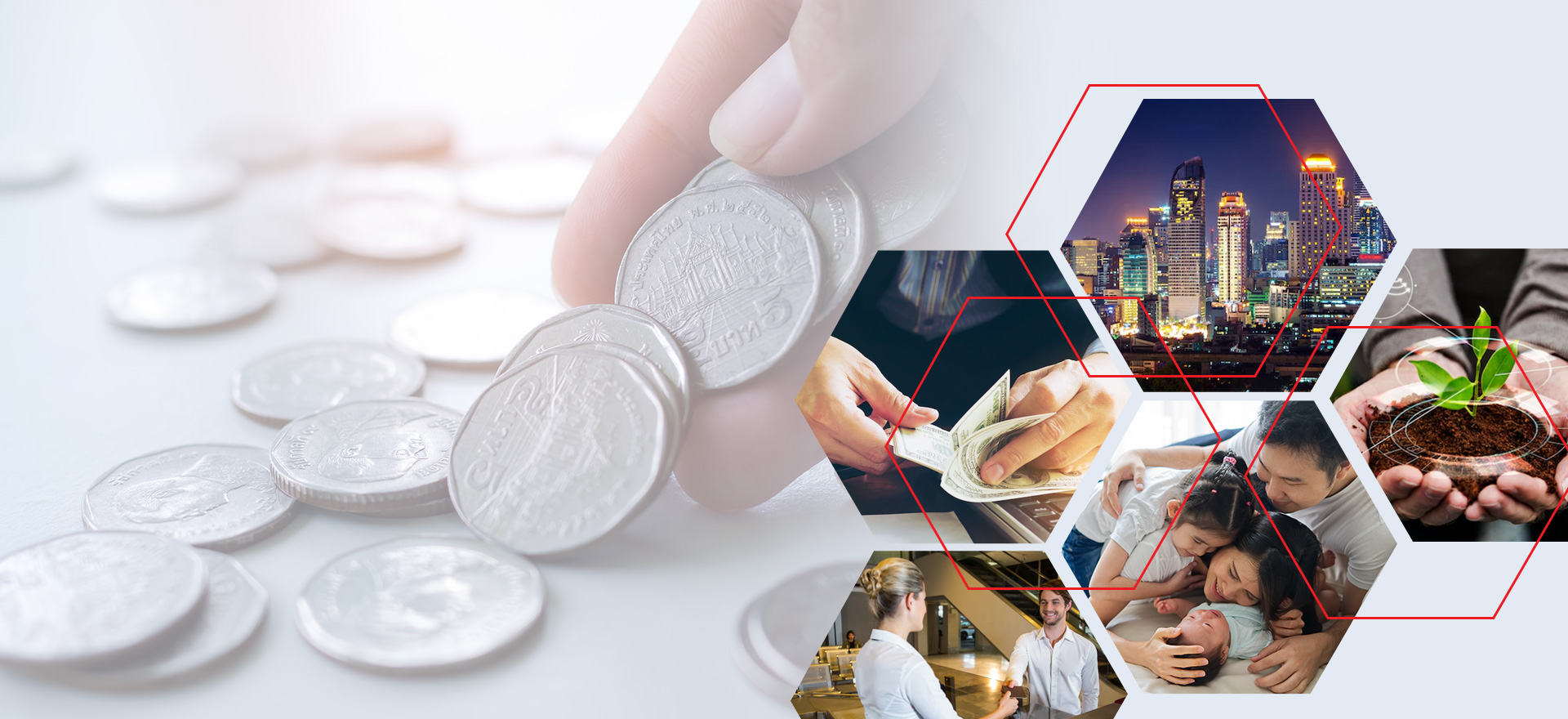Sustainability / Doi Tung Development Project
Sustainability / Doi Tung Development Project
Chatrudee Theparat
Montessori education can create a better opportunity for children in Doi Tung.
Montessori education is an alternative to create good citizens and better skills of Doi Tung Development Project.
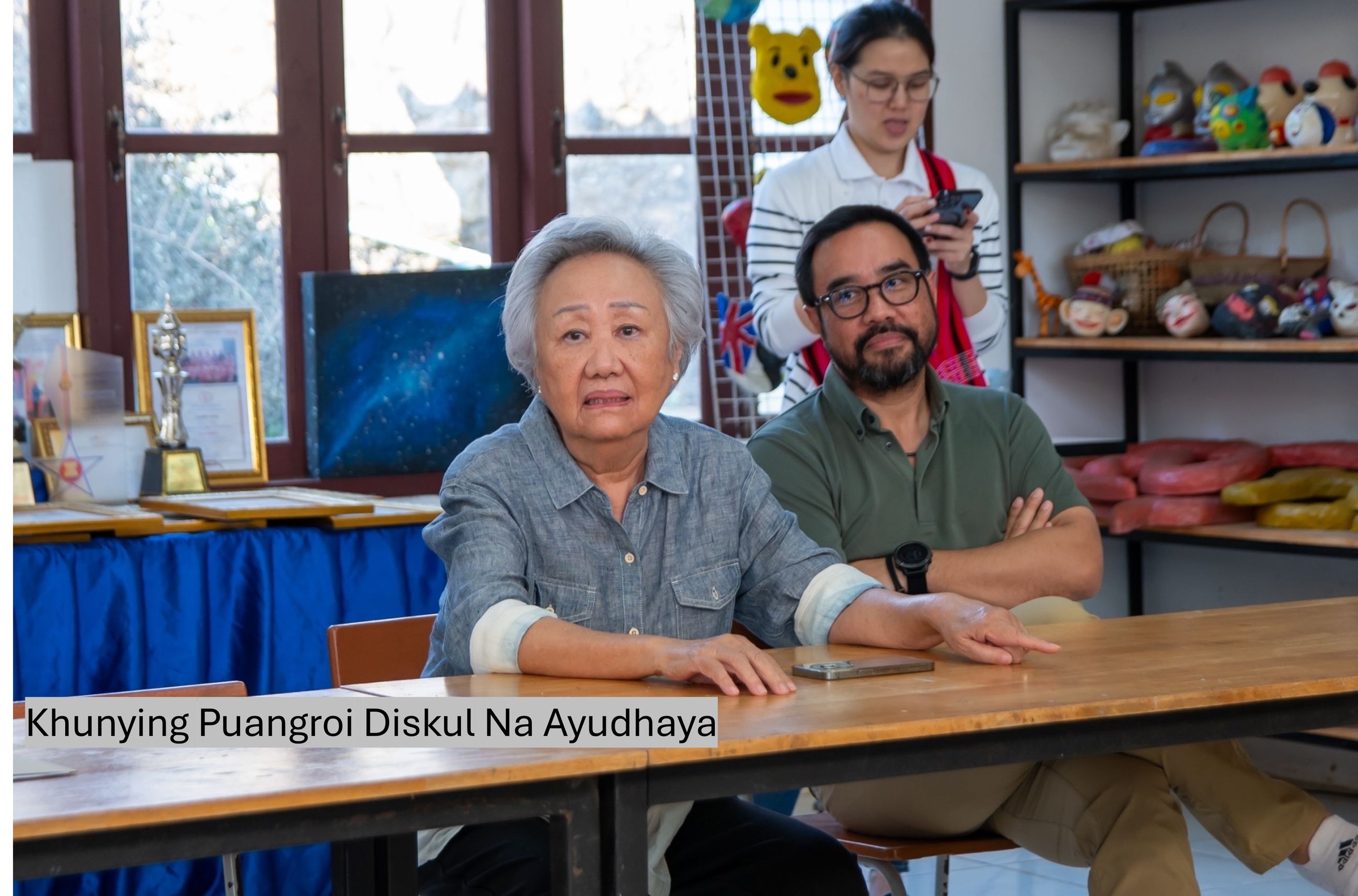
Khunying Puangroi Diskul Na Ayudhaya, a board member of Mae Fah Luang Foundation, the operator of Doi Tung Development Project, said currently Montessori education is implemented among 37 schools in Doi Tung as the foundation’s attempt to assist students to have better skills to take care of themselves when they grow up to become good citizens.
“The target of the foundation is an incubation for good citizens who have ability to take care of themselves and their families. Good citizens are not just good people but they can help create a better society,” she said.
She said students in Doi Tung and nearby areas are tribespeople who have their own language, not Thai language as their mother tongue. Most of them have not continued further study in the university. Apparently, they show their strong interest in the learning and use this opportunity to secure their future lives, not different from the urban students. The schools in the areas have designed courses and tools to fit with their environment, called “project-based learning (PBL)”, “task-based learning”, aimed at progressing their learning in Thai language and “Montessori education”.
“In 2016, Doi tung Development Project focused more on Thai language studies for tribal children following the initiative of Her Royal Highness Princess Maha Chakri Sirindhorn in a bid to assist them to have fluent speaking and writing skills. Previously some Mathayom 3 students could not write their names in Thai.”
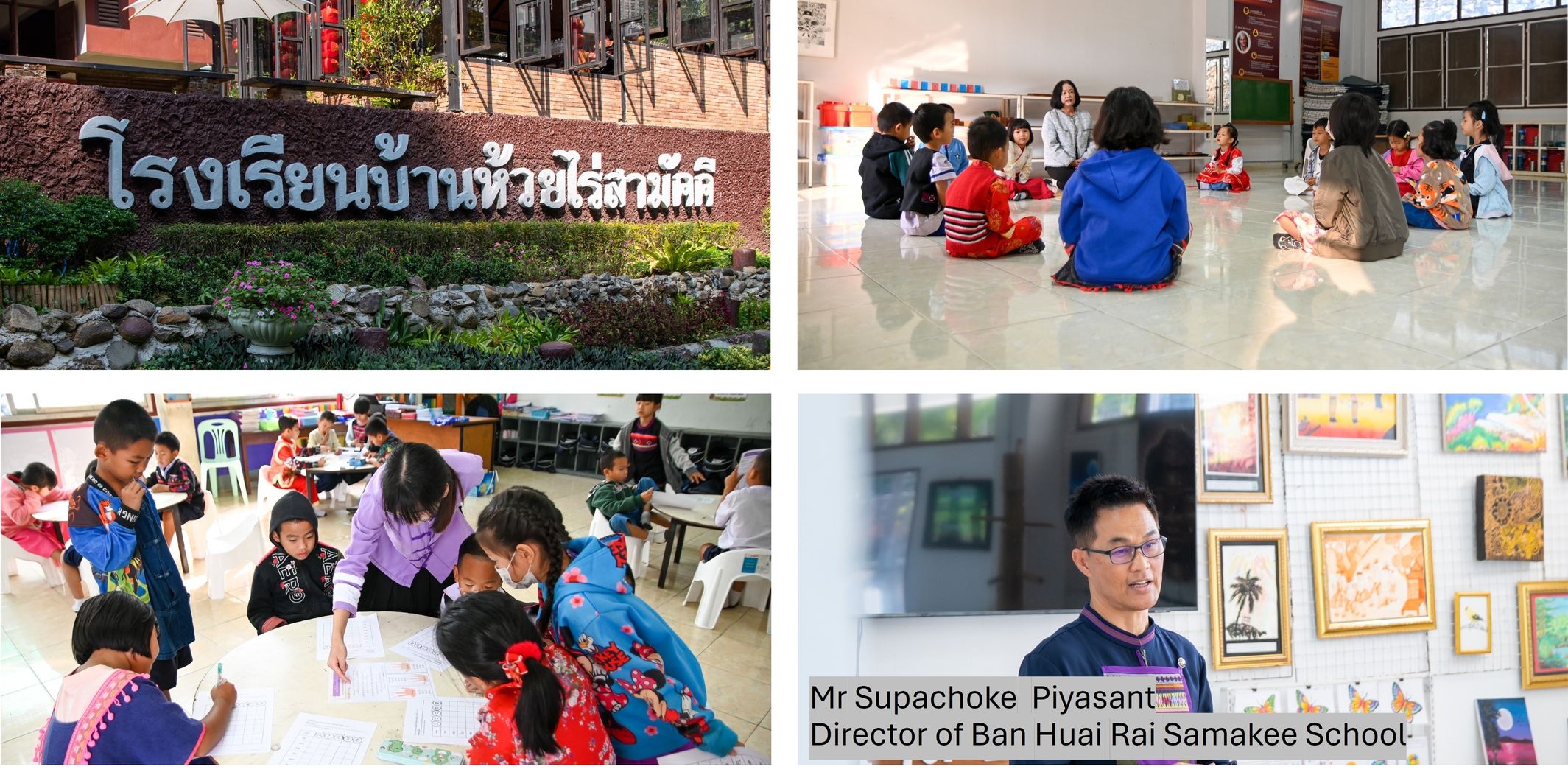
The Montessori education is a type of educational method that involves children's natural interests and activities rather than formal teaching methods. Montessori classroom places an emphasis on hands-on learning and developing real-world skills.
The studying in high school is also designed based on PBL and differentiated instruction (ID), keeping focus on differences between students. Dual study including vocational education and ordinary study also are designed for high school students that graduate with both a vocational certificate and a high school diploma.
Supachoke Piyasant, director of Ban Huai Rai Samakee School, a school with Montessori education, said from beginning with only 8 participating schools in 24 villages as the pilot project, currently the alternative teaching has expanded to 37 schools of Montessori education, among them with task-based learning. Ban Huai Rai Samakee totals 420 students with 34 teachers with levels from kindergarten to high school.
“The students here have many ethnicities such as Akha, Thai Yai and Yunnan’s Chinese, they need to use Thai language. Thai language can assist them for better communication and their further studying,” Supachote said, adding training for teachers to teach PBL principles is very significant because children can change their mindset what the teachers teach.
“The students here are different from students in other schools because here may be the last school for their life because they have no opportunity for further education. Then courses here are designed to make them more skillful to take care of themselves and be ready to earn money for a living after they graduate. The students are taught to do almost everything themselves ranging from changing tube electricity, fixing the water tap, to operating online shopping or others.”
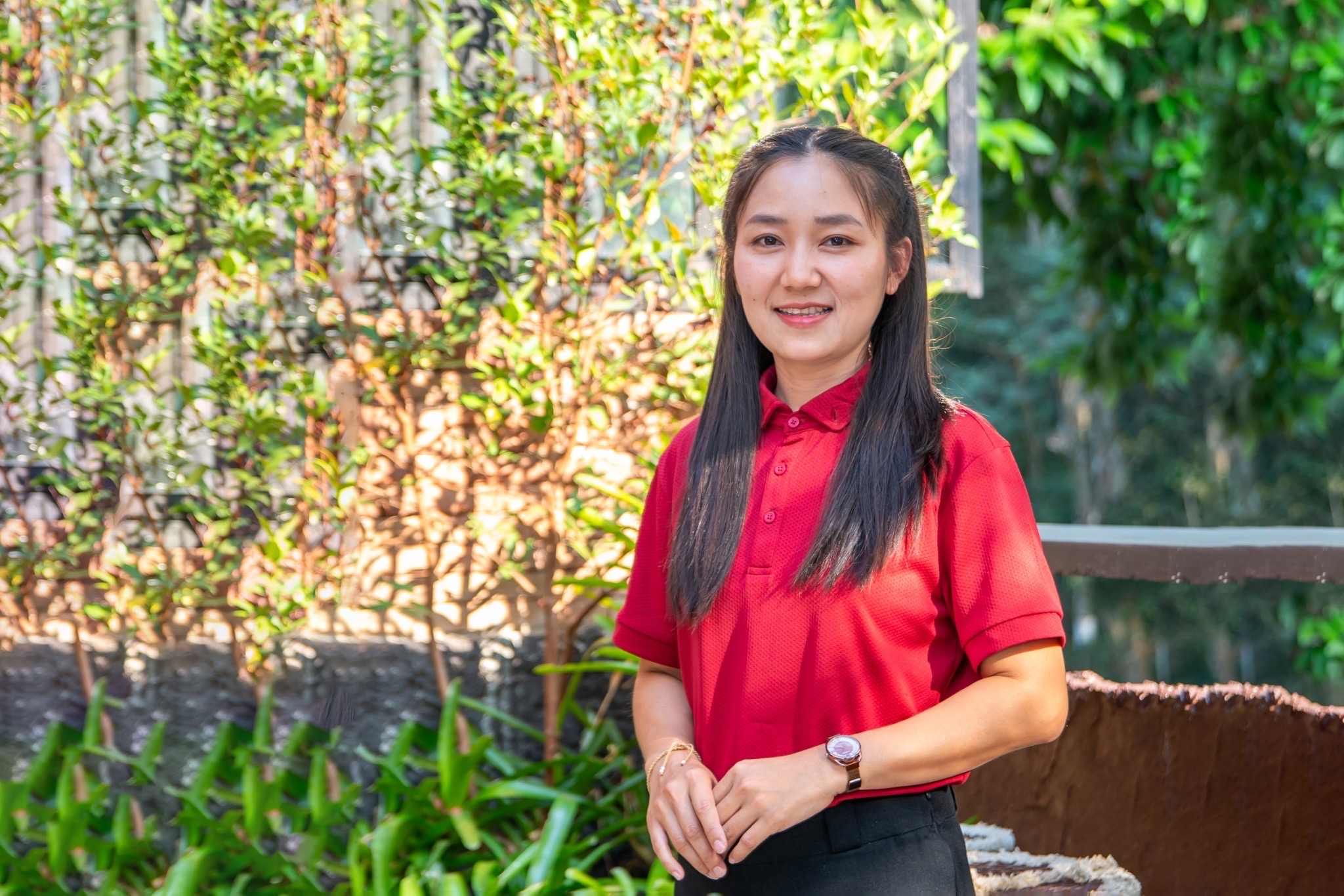
Tassanee Sophonamnuaikij
Tassanee Sophonamnuaikij, a teacher of Ban Kha Yeng Pattana school, said she was one of the students at Ban Huai Rai Samakee schools and could have an opportunity for further education, thanks to the fund from from Doi Tung Development Project to support.
“I was born in 1988 as the established year of the Doi Tung Development Project. My father is Yunnan’s Chinese while mother is Akha, they could not speak Thai. They operated mobile plantation as other villagers in Doi Tung, partly causing deforestation of Doi Tung. After the project establishment, my father worked in a farm of the project while my mother worked in plants for handicrafts.”
She said because of her parents working on the project, she could graduate with a bachelor’s degree in education and master’s degree in education administration and currently work as a teacher in a school in Doi Tung.
“I am the eldest child of the family and my family got opportunity from the foundation. I can help my parents to support three my siblings to finish bachelor’s degrees.”
04 March 2024
Viewed 349 time
 EN
EN 

